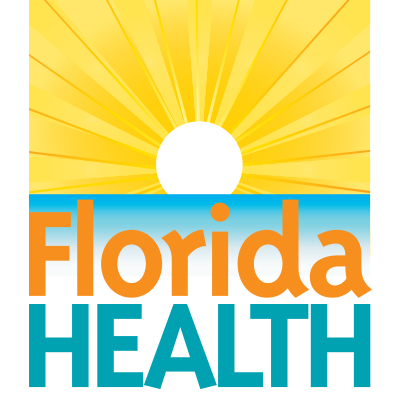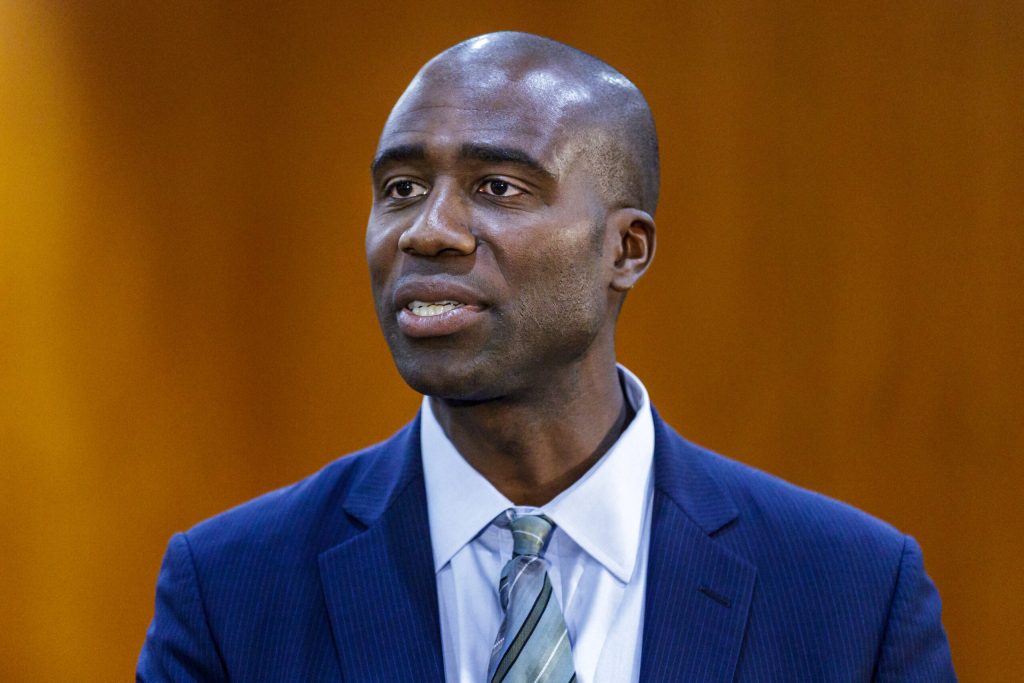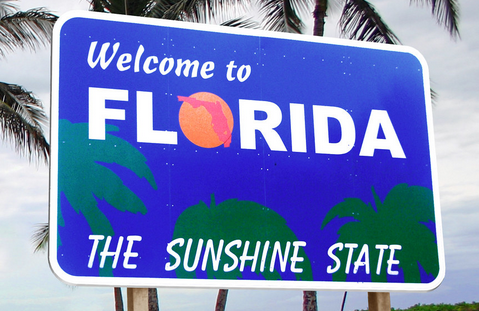
Florida is making a significant shift in its public health policy, once again making national headlines. The state’s Department of Health is moving to remove COVID-19 mRNA vaccines from its immunization schedule. This change is under the direction of Governor Ron DeSantis and Surgeon General Dr. Joseph Ladapo. The decision marks a major departure from federal recommendations. It is a new chapter in the ongoing debate over vaccine policy and personal health autonomy.

This move is part of a broader “medical freedom” agenda championed by the state’s leadership. Officials have stated their intention to end all vaccine mandates. This will include those for children entering schools, a long-standing public health practice. The decision is being framed as a way to protect parental rights and individual choice regarding medical treatments.

A Focus on Individual Choice and “Medical Freedom”
Proponents of the policy argue that it empowers Floridians to make their own informed decisions about their health without government coercion. They cite concerns about the long-term safety and efficacy of the COVID-19 mRNA vaccines. Particularly, in light of new variants and the potential for a weakened immune response over time. The Florida Department of Health has also raised questions about potential DNA integration risks, a claim that has been widely disputed by leading medical and scientific organizations.
This policy shift builds on Florida’s previous stance during the pandemic, when the state resisted vaccine passports, business closures, and mandates for workers. The current administration views the removal of vaccines from the state’s immunization schedule as a logical extension of its commitment to individual liberty.

What This Means for Floridians
While the state health department has the authority to change some immunization requirements, others are enshrined in state law and would require legislative action. It’s a complex process with no immediate timeline, but the announcement has already created a stir.
For parents, this decision could mean new considerations for their children’s healthcare. While routine childhood vaccines for diseases like measles, polio, and mumps are still required for school entry, the future of these mandates is also under review as part of the “medical freedom” package.

A Broader National Conversation
Florida’s action is sparking a wider conversation across the country. While some states may consider similar policies, others are moving in the opposite direction. They are creating their own alliances to uphold and expand vaccine access. This divergence in state-level public health policy highlights a growing ideological divide on the role of government in healthcare.
The ultimate impact of Florida’s decision on public health remains to be seen. Public health experts and medical organizations, including the American Academy of Pediatrics and the National Association of School Nurses, have expressed serious concerns, warning that a decline in vaccination rates could lead to a resurgence of preventable diseases. They argue that long-standing vaccine mandates have been critical in preventing outbreaks and protecting vulnerable populations, such as infants and the immunocompromised.
As this public health shift unfolds, it will be a major story to watch, not just for Floridians, but for the rest of the nation as well.
MUST READS
A Look at Contaminants With Imported Shrimp and the FDA’s Response – News Talk Newyork
Florida Is Losing Folks – News Talk Florida

Viorica Bruni Editor Athletica Sports Web Publication






